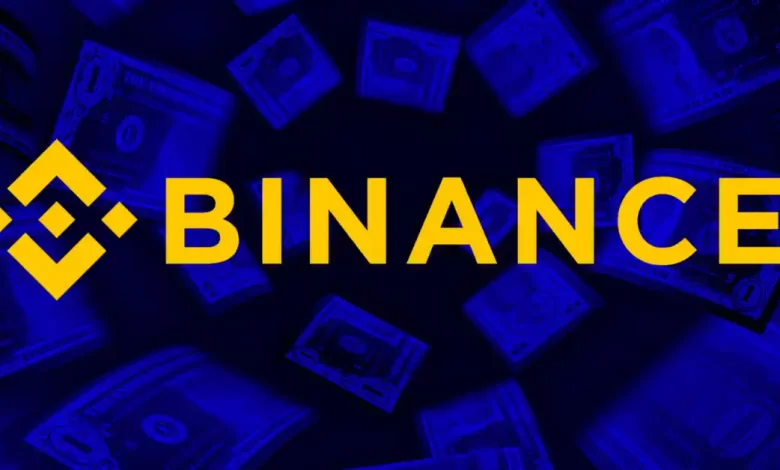Binance Seeks Less Oversight While Battling Legal Issues and Ties to Trump: WSJ

Binance executives recently held a meeting with US Treasury officials to discuss easing government oversight and a potential collaboration with Trump-backed crypto company World Liberty Financial, as reported by the Wall Street Journal.
During the meeting, Binance CEO Richard Teng and Chief Legal Officer Eleanor Hughes requested the removal of a watchdog monitoring their compliance with anti-money laundering laws, in an effort to reduce government oversight. They also discussed the possibility of listing a new dollar-pegged cryptocurrency from WLF on the Binance exchange.
This development comes on the heels of former Binance CEO Changpeng Zhao’s efforts to seek a presidential pardon following his guilty plea for violating US anti-money laundering laws in 2023. Zhao’s resignation from Binance last year was part of a $4.3 billion settlement to resolve a long-standing investigation into the exchange’s operations.
In other news, the Securities and Exchange Commission (SEC) and Binance have agreed to pause their legal battle for another 60 days after ‘productive talks’. The focus now shifts to how the SEC’s new crypto task force will impact the case. The SEC had filed a lawsuit against Binance in 2023 for operating without proper registrations and other violations. The extended pause until mid-June 2025 allows both parties more time to negotiate and potentially settle the issues at hand.
Additionally, acting SEC Chair Mark Uyeda has proposed a ‘Sandbox rule’ for crypto firms, which would allow them to innovate without fully complying with existing laws while clearer rules are developed. Uyeda stressed the importance of establishing a single federal framework for crypto regulations to replace the current patchwork of state rules. Experts are now calling for new regulations tailored to blockchain and crypto, focusing on issues like high-speed trading, transparency, and market manipulation.
As the incoming SEC Chair, Paul Atkins is expected to continue refining the agency’s approach to digital assets, shaping the future of crypto regulation in the United States.



